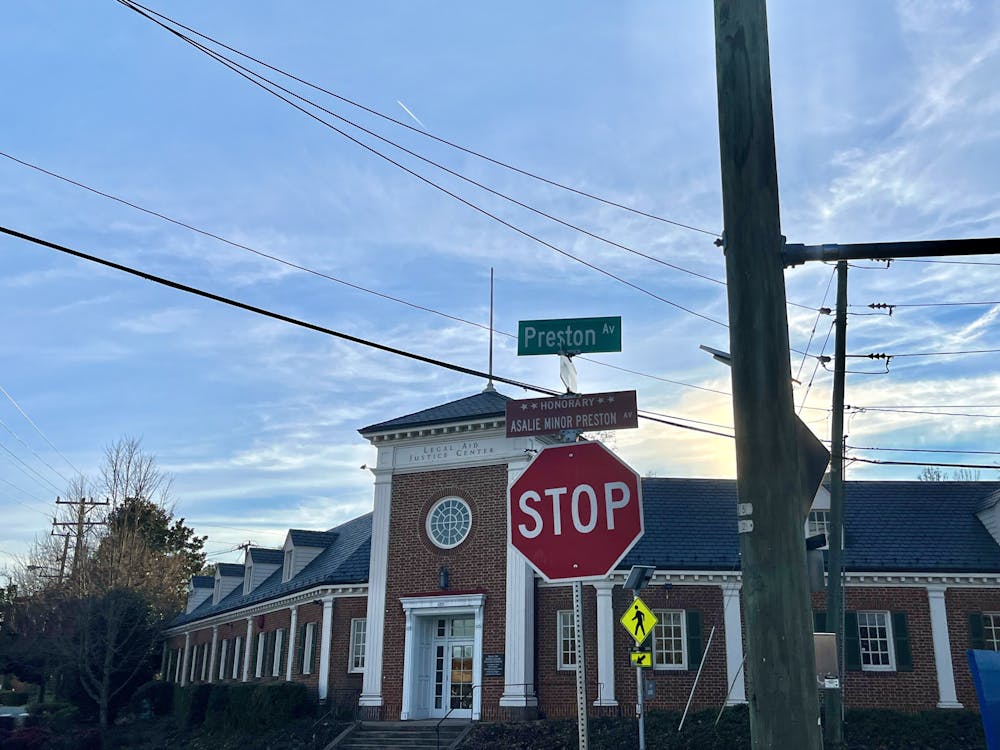The Charlottesville City Council unanimously passed a new zoning ordinance at a meeting last December that will allow for greater diversity in types of housing as well as require the inclusion of affordable housing in some future developments. Although multiple organizations supported the ordinance when it was passed at a City Council meeting in December, the new code has since faced opposition from some residents concerned that the Council did not properly prepare for the implementation of the code before approving it.
Council Member Michael Payne said that the ordinance will allow for more variety in the types of housing that is permitted to be built around the City.
“There are some areas in the city where it would now be allowed to build more mixed use development — something that may have commercial uses on the ground floor and several 100 units as part of a five or six story development,” Payne said.
The ordinance also calls for higher density housing around the City, particularly around major roads, such as Fontaine Ave. and 5th St. Payne said that a major part of the new code is the mandatory reservation of space for affordable housing in larger developments.
“Our commercial corridors were where we allowed the highest increase in height and density. In some areas along Preston [Avenue], 10 story [buildings] could be allowed,” Payne said. “For any development that’s ten or more units, at least 10 percent of units will have to be affordable as defined at 60 percent of area median income.”
As of 2022, the Charlottesville area median income is $67,177 according to the U.S. Census Bureau.
In allowing for higher density housing, Council Member Natalie Oschrin said the ordinance also will help combat some other issues that the city faces.
“By building more homes within city limits, we can make progress on our goals of bringing down housing costs, shortening commutes, reducing car dependency and helping the environment,” Oschrin said in an email statement to The Cavalier Daily.
Payne said that he did have some concerns about the code, but his reservations were not enough for him to vote against the ordinance. He said he worries that renters in certain areas of the city will face gentrification that will price out current residents.
“One of the concerns is still there are areas that we missed in places like Rose Hill, 10th and Paige and Belmont,” Payne said. “By significantly increasing [maximum building] height and density, you may be creating a flood of capital investment that, particularly for renters, may accelerate the likelihood that they’re displaced from where they live.”
Beyond these concerns, some Charlottesville residents even question the legality of the ordinance. A 52-page lawsuit filed in January by nine Charlottesville residents claims that the City did not adequately consider the effects of the ordinance before adopting it. The plaintiffs say that this failure violates Virginia law and renders the zoning code null. Plaintiffs in the case include School of Law Profs. G. Edward White and Lillian BeVier. White declined an interview request and referred The Cavalier Daily to attorney Michael Derdeyn, who is representing the plaintiffs in the case.
“City Council failed to conduct any studies about the impact of the NZO on the City’s transportation, schools, water, sewer, public services or infrastructure, among other things,” the suit reads. “City Council failed to comply with these statutory requirements, thereby rendering the NZO void and otherwise invalid.”
History Prof. and author Brian Balogh, who has written extensively on the “Not In My Backyard” movement, explained how understanding the NIMBY movement can shed light on some of the discontent surrounding the City’s new zoning ordinance. According to Balogh, the NIMBY movement started in the 1970s and 80s over several issues including historic preservation, preserving open spaces and stopping large scale developments.
“You’re going to get people who are not happy about having a beautiful view… that [is] going to be blocked by a high rise building,” Balogh said. “A lot of this comes down to people’s political clout … a lot of the development in the past that people don’t want … ends up being put in poorer areas.”
Oschrin said in an email statement to The Cavalier Daily that she may like to revisit some aspects of the code in the future, such as a clause that would require commercial businesses, including coffee shops and bodegas, to obtain costly permits to operate in residential neighborhoods. However, Oschrin said this ordinance is something that was written to bring positive change to the Charlottesville community and correct historical injustices that continue to harm some residents.
“I understand that people can be afraid of changes, but this is a historical correction to housing policies that were founded in racism and designed to perpetuate economic inequity,” Oschrin said. “Rising prices are driving out residents, neighborhoods are becoming less diverse [and] sprawl is creeping into the surrounding counties. We have the power to ameliorate those issues, and I think we should be excited about the future.”
The next City Council meeting is set for Mar. 5.







